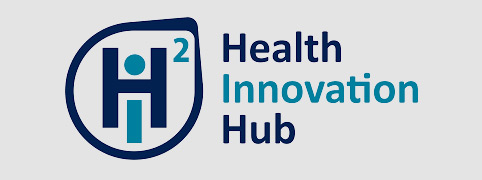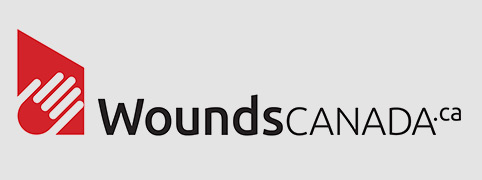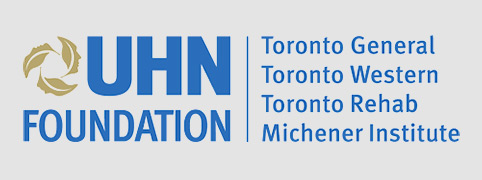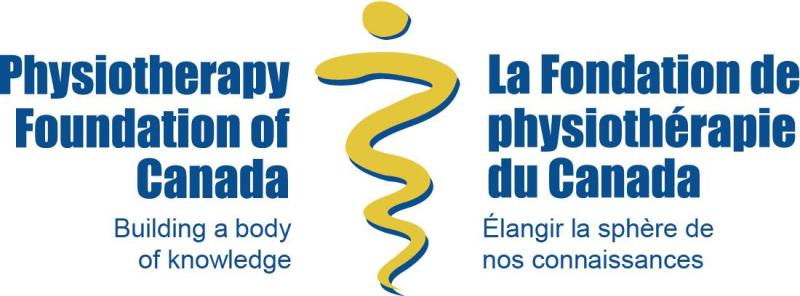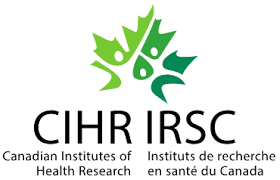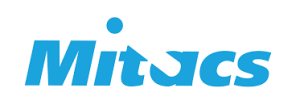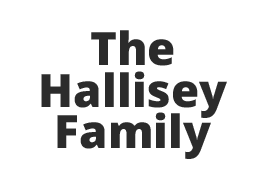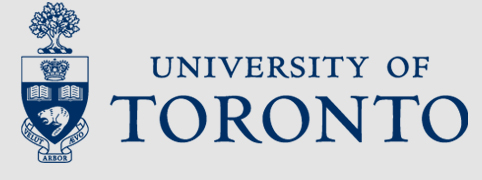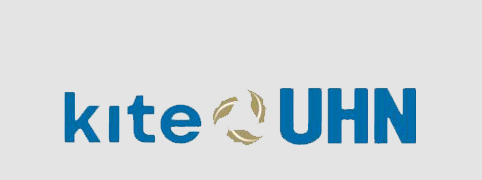Intensive care unit-acquired weakness (ICUAW) is muscle weakness that occurs in critically ill patients due to prolonged bedrest, sedation and paralysis that is medically-induced for mechanical ventilation. ICUAW causes physical disability that can last for years. Current therapies such as early mobilization and exercise at the bedside are labour intensive, difficult to deliver, and cannot be administered in unresponsive patients. Although neuromuscular electrical stimulation (NMES) is highly effective at maintaining muscle mass and strength and can be used to combat ICUAW, delivery in the ICU is resource-intensive. Automation could improve the feasibility of delivering NMES in the ICU and enable effective and comfortable administration in unresponsive patients, with the aim of improving long-term outcomes.
Our Team


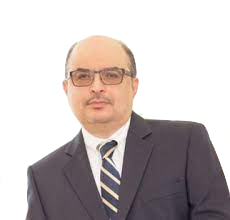



Dr. Jane Batt, MD, PhD, Clinician Scientist, Unity Health
Dr. Sunita Mathur, BSc, MSc, PhD, Associate Professor, Queens University
Dr. Alireza Sadeghian, PhD, Professor, Computer Science, Toronto Metropolitan University
Dr. Maryam Davoudpour, PhD, Professor, Computer Science, Toronto Metropolitan University
Adriana Ieraci, MEng, BASc, Adjunct Lecturer, University of Toronto
Sharon Gabison, BSc, BScPT, MSc, PhD, Hallisey Family Affiliate Scientist in Pressure Injury and Homecare Research, University Health Network
